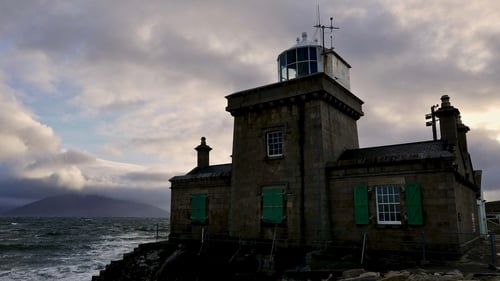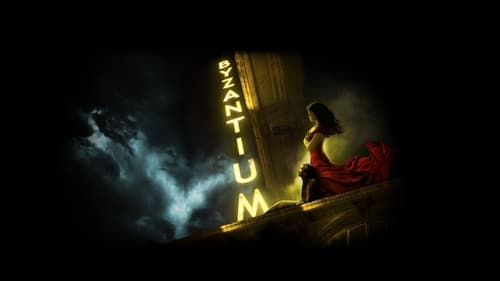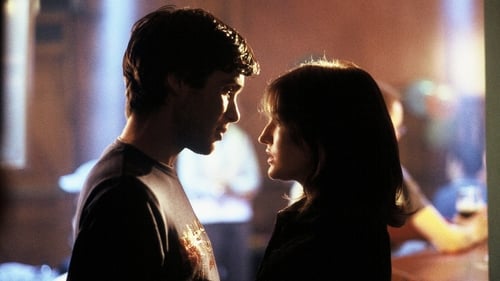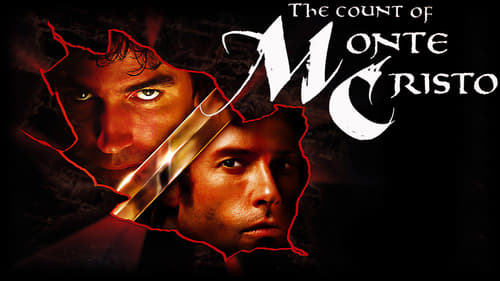
Sound Recordist
Ireland, June 1944. The crucial decision about the right time to start Operation Overlord on D-Day comes to depend on the readings taken by Maureen Flavin, a young girl who works at a post office, used as a weather station, in Blacksod, in County Mayo, the westernmost promontory of Europe, far from the many lands devastated by the iron storms of World War II.

Sound Recordist
Residents of a coastal town learn, with deadly consequences, the secret shared by the two mysterious women who have sought refuge at a local resort.

Sound Recordist
A kindly shop owner whose overwhelming gambling debts allow a greedy landlord to seize his shop of dusty treasures. Evicted and with no way to pay his debts, he and his granddaughter flee.

Production Sound Mixer
In the 1970s, a foundling lass, Patrick "Kitten" Braden, comes of age by leaving her Irish town for London, in part to look for her mother and in part because her transgender nature is beyond the town's understanding.

Sound Recordist
A raucous story of the interweaving lives and loves of small-town delinquents, shady cops, pretty good girls and very bad boys. With Irish guts and grit, lives collide, preconceptions shatter and romance is tested to the extreme. An ill-timed and poorly executed couple's break-up sets off a chain of events affecting everyone in town.

Sound Mixer
Edmond Dantés's life and plans to marry the beautiful Mercedes are shattered when his best friend, Fernand, deceives him. After spending 13 miserable years in prison, Dantés escapes with the help of a fellow inmate and plots his revenge, cleverly insinuating himself into the French nobility.

Sound
A two-part biography of the Irish writer Samuel Beckett. The first part covers the traumas of his formative years: his ill-fated love affair with his first cousin, the death of his father, and his decorated service with the French Resistance. He had settled in France before the Second World War, met fellow Irishman James Joyce, and begun writing. Patrick Magee's television performance of `Krapp's Last Tape' (1972) is interwoven with key landscapes and personalities from Beckett's life. The second part concludes the story of how Beckett finally began to connect with his audience, principally through `Waiting for Godot'. Includes an interview with the actress Billie Whitelaw, a celebrated interpreter of his work.






